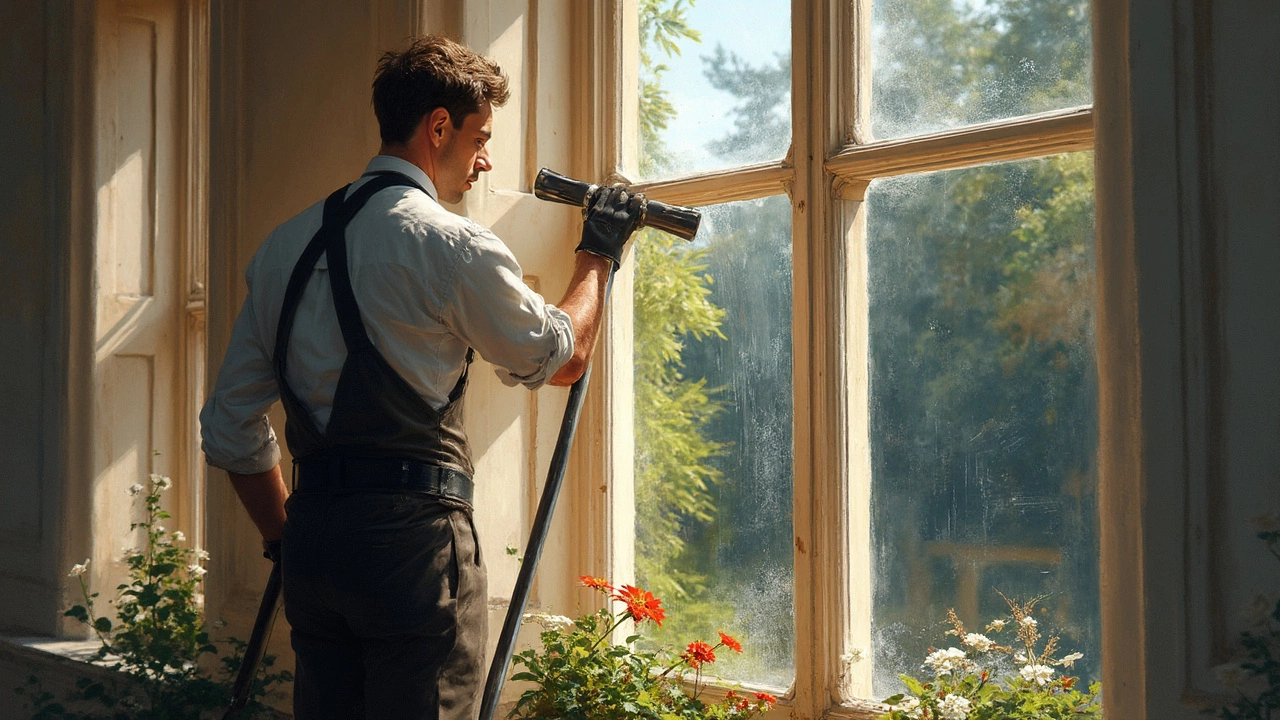Soap‑Free Cleaning: How to Get a Fresh Home Without Soap
Thinking about cleaning without traditional soap? You don’t need fancy chemicals to make your surfaces shine. Everyday items like baking soda, white vinegar, lemon juice, and steam can tackle grime, remove odors, and leave everything looking clean. The best part? You avoid harsh chemicals that can irritate skin, damage fabrics, or harm the environment.
Why Go Soap‑Free?
Most commercial detergents contain surfactants that break down oils but also leave residues. Those leftovers can attract more dirt, cause allergic reactions, or pollute waterways. By choosing soap‑free methods, you keep indoor air cleaner, protect kids and pets, and reduce your carbon footprint. Plus, many natural alternatives are cheaper and already in your pantry.
Everyday Soap‑Free Solutions
Baking soda works as a gentle abrasive and deodorizer. Sprinkle it on kitchen counters, let it sit for a few minutes, then wipe with a damp cloth. It lifts stuck‑on food and neutralises smells without leaving a film.
White vinegar is acidic enough to dissolve mineral deposits, grease, and soap scum. Mix one part vinegar with one part water in a spray bottle and use it on glass, bathroom tiles, or stainless‑steel appliances. The vinegar smell fades quickly, leaving a streak‑free shine.
Lemon juice adds a fresh scent and extra cutting power. Rub half a lemon on cutting boards or copper pots to remove stains and kill bacteria.
Steam cleaning uses only water heat to loosen dirt. A handheld steamer can clean upholstery, mattresses, and tile grout without any chemicals. Steam also kills dust mites and bacteria, making it ideal for pet owners.
Enzyme cleaners are a bit different—they’re still chemical‑free but use natural enzymes to break down organic stains like urine, blood, or food. A small amount applied to the spot, left to work, and then wiped away can save you from harsh bleach.
When you combine these basics, you can create a whole cleaning routine that’s both effective and gentle. For example, start a kitchen clean‑up with a vinegar‑water spray on the stovetop, follow with baking soda on the sink to scrub, and finish with a steam blast on the floor. The steps complement each other and leave no residue behind.
One common worry is whether soap‑free methods can handle tough grease. The answer is yes – the hot steam softens baked‑on grease, and a paste of baking soda and a splash of vinegar cuts through the rest. Apply the paste, let it sit for 10‑15 minutes, then scrub with a non‑scratch pad. You’ll see the grease melt away without any harsh detergents.
To keep your cleaning routine simple, gather a small kit: a spray bottle, a reusable microfiber cloth, a bucket, baking soda, white vinegar, and a handheld steamer (if you have one). With these tools you can tackle any room – from bathrooms to bedrooms – without reaching for the soap aisle.
Remember, soap‑free cleaning isn’t about cutting corners; it’s about using the right natural agents for each job. Test a small area first if you’re unsure, especially on delicate fabrics. Once you get the hang of it, you’ll notice fewer skin irritations, a fresher scent in your home, and a lighter impact on the planet.
Ready to give it a try? Pick one surface you clean regularly and swap the usual detergent for a vinegar‑water spray or a baking soda paste. You’ll be surprised at how well it works, and you’ll start building a habit that keeps your home clean and chemical‑free.

Why Do Window Cleaners Avoid Soap?
Ever wondered why professional window cleaners steer clear of soap? It turns out, avoiding soap can lead to streak-free and sparkling windows. Professionals use other techniques and products that don’t leave those pesky streaks behind. Dive into the reasons soap isn't the go-to and learn what they use instead for pristine glass surfaces.
Read More